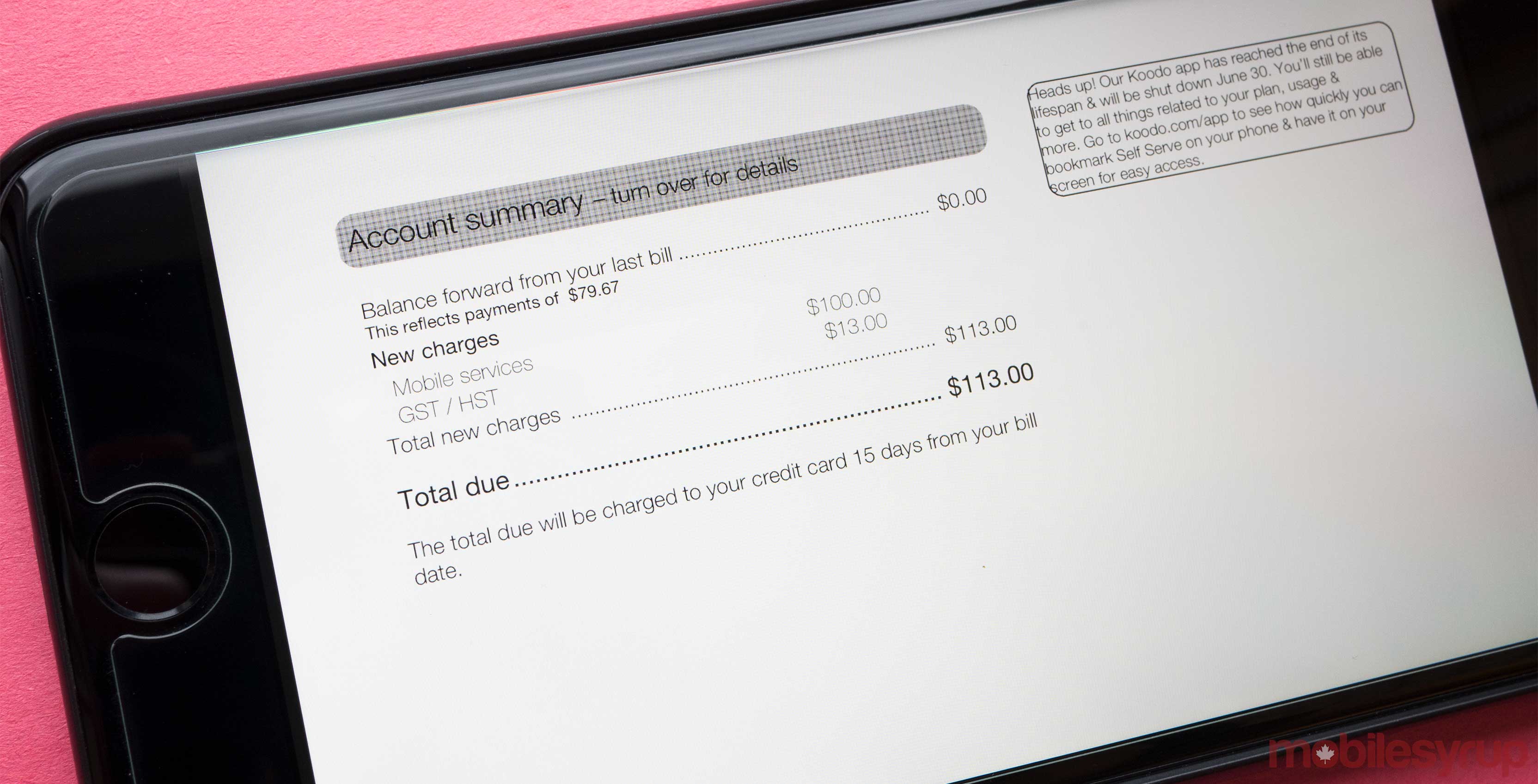
Digital-first communications are becoming the norm, but offering only e-billing could have negative effects on vulnerable and low-income consumers.
That’s the argument being made by Public Interest Advocacy Centre (PIAC) and National Pensioners Federation (NFP). The two public advocacy groups have joined together to file an application with the Canadian Radio-television and Telecommunications Commission (CRTC) requesting the Commission clarify that wireless providers must offer paper billing upon request.
The request comes following complaints received by both organizations from Koodo customers who note that the Telus-owned brand has discontinued paper billing.
PIAC and NFP argued that paper billing should be an option by virtue of the agreement on paper billing negotiated on August 28th, 2014; section 27.2 of the Telecommunications Act or section A.1.(i) of the Revised Wireless Code.
Alternatively, the organizations are requesting that the Commission impose a condition under section 24 of the Telecommunications Act requiring all telecom service providers to provide paper billing upon request.
PIAC and NFP stated concern about how the lack of paper billing would affect groups including people with disabilities, senior citizens, low-income consumers and “those who do not have the resources to take advantage of e-billing.”
PIAC cited the 2017 CRTC Communications Monitoring Report in stating that onlye 64.4 percent of households in the bottom income quintile and 82.1 percent of households in the second income quintile use home internet and slightly fewer have home computers.
In August 2014, the CRTC settled on an agreement with Canadian telecoms that certain groups of customers not be charged a paper billing fee that generally amounted to an additional $2 to $6 per month. In October of that year, the government eliminated fees for telecom paper bills in the 2014 Federal Budget.
Source: PIAC
MobileSyrup may earn a commission from purchases made via our links, which helps fund the journalism we provide free on our website. These links do not influence our editorial content. Support us here.


